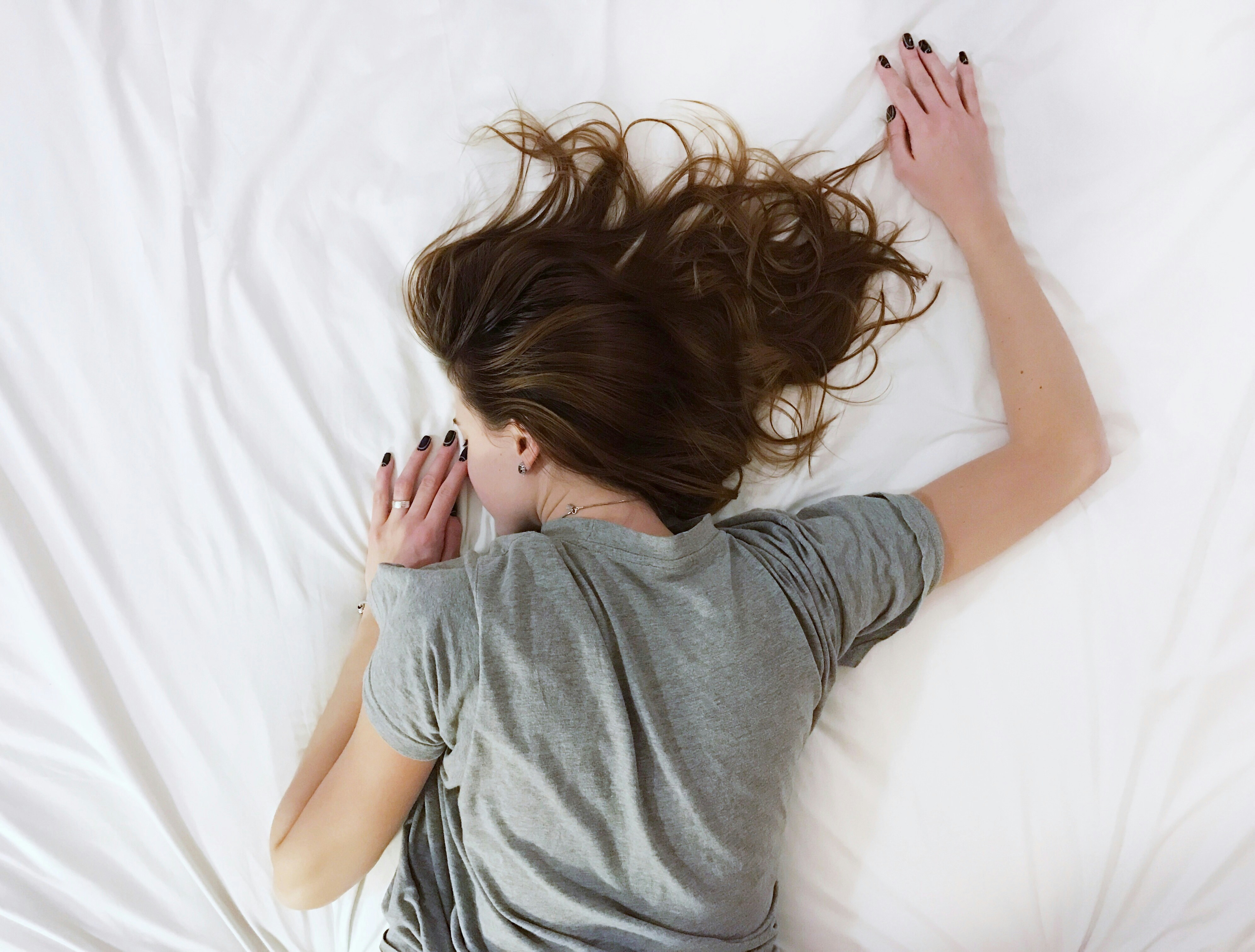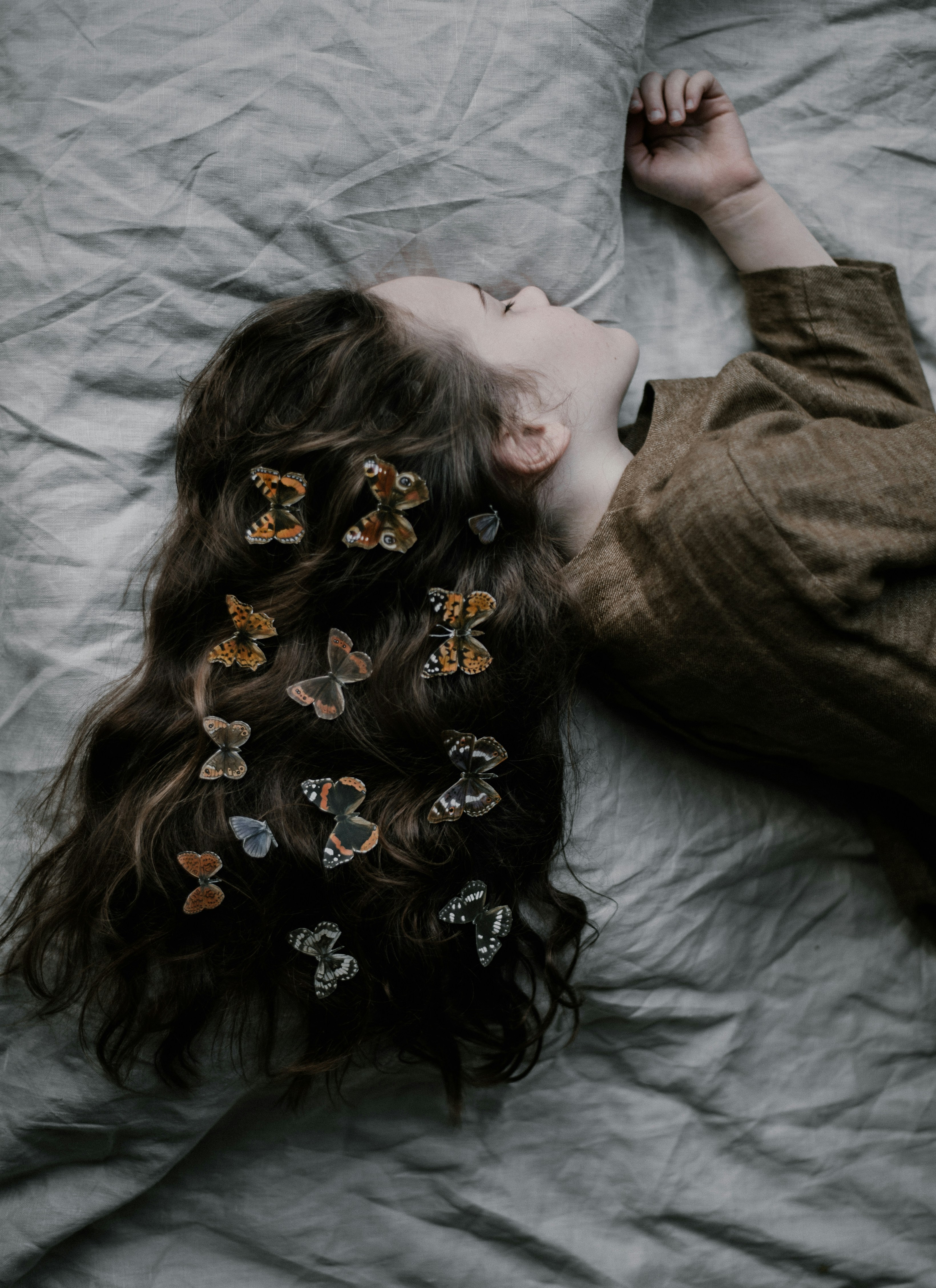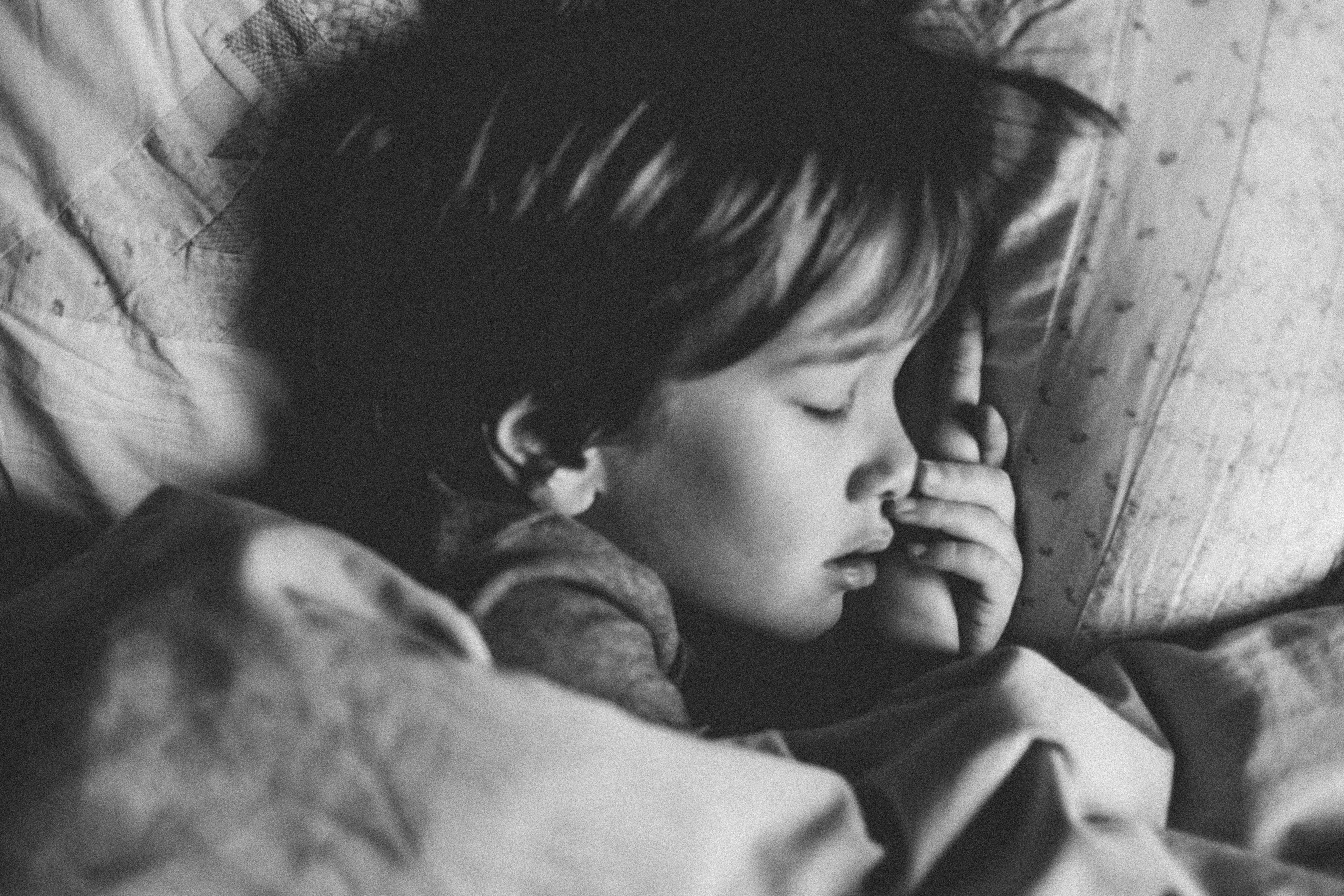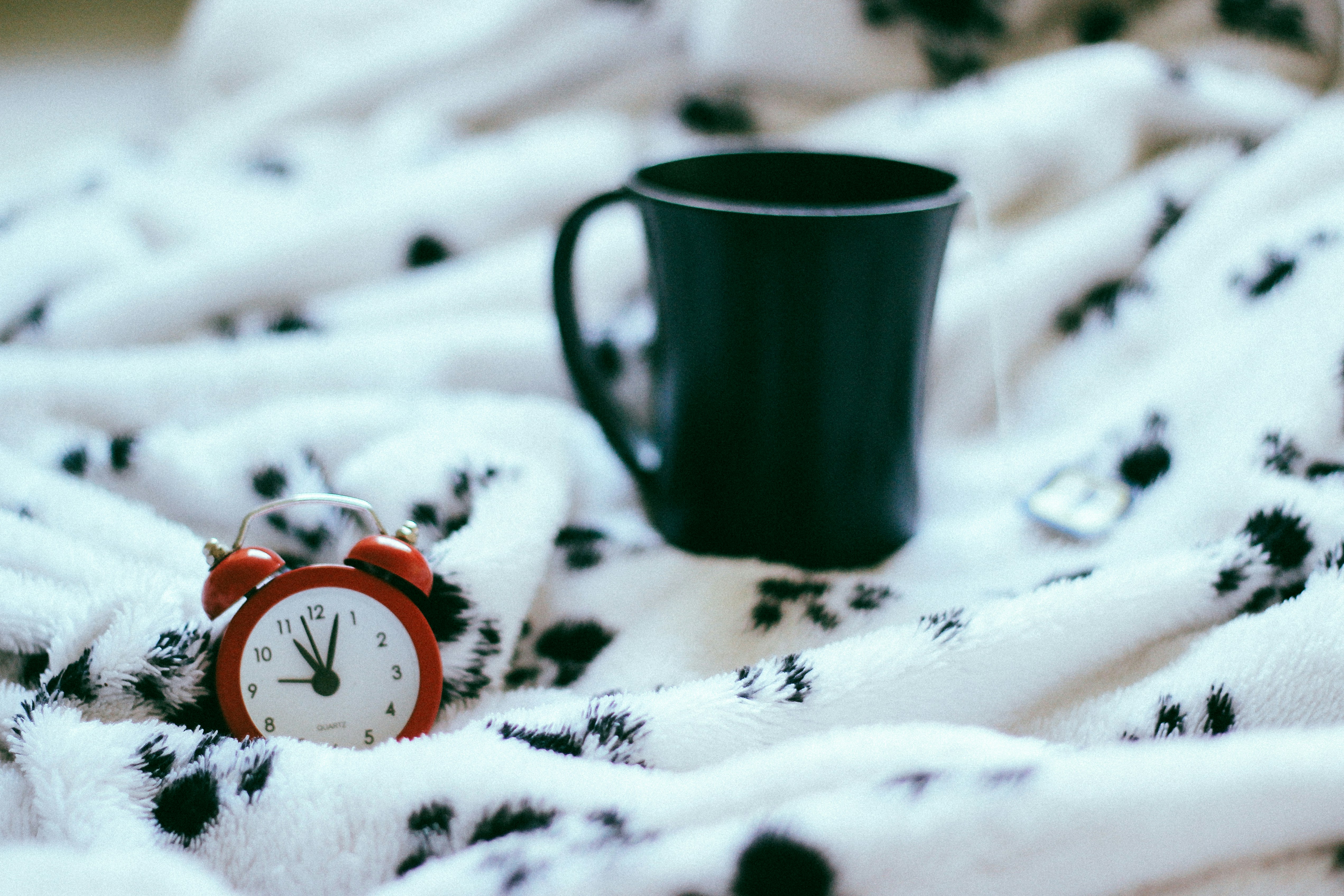How Sleep Affects Your Skin: The Beauty of Beauty Sleep 💅😴

Introduction
Ah, beauty sleep. That magical phrase we hear all the time, yet so few of us seem to actually get enough of it. We’ve all been there—late nights scrolling through social media, binge-watching a series we’ve already seen, or dealing with work stress. But have you ever wondered what all those sleepless nights are doing to your skin? Spoiler alert: It’s not great.
In this blog post, we’re going to dive into the science behind beauty sleep and how sleep (or lack thereof) directly impacts your skin. Because let’s face it—when you look good, you feel good, and getting enough quality sleep is the ultimate key to glowing, radiant skin.
1. Sleep and Skin Regeneration: The Repair Squad
While you’re busy dreaming about your next vacation or that pizza you’ll never get around to ordering, your skin is hard at work repairing itself. Sleep isn’t just about recharging your energy—it’s also when your skin gets to do its most important work: repair and regenerate .
🛏️ The Role of Sleep in Skin Repair
When you sleep, your body enters a state of restoration, and your skin cells work overtime to repair the damage caused by the day. This includes repairing environmental damage from UV rays, pollution, and even skin irritations. During deep sleep, blood flow to your skin increases, helping to promote collagen production and cell turnover.
The science : During sleep, the body releases growth hormones, which are essential for the regeneration of skin cells. This process helps heal wounds, reduce the appearance of scars, and maintain overall skin health.
😴 How Long Should You Sleep for Maximum Skin Repair?
The ideal amount of sleep for optimal skin repair is typically between 7 to 9 hours . That’s right—those late-night Netflix binges are doing more damage than you think. Aim for a consistent sleep schedule and prioritize those hours of beauty sleep to let your skin do its magic.
2. The Impact of Poor Sleep on Your Skin
Now that we know sleep helps repair and regenerate our skin, what happens when we don’t get enough? Well, let’s just say your skin will let you know it’s upset.
😱 Dull, Lackluster Skin
When you don’t sleep enough, your skin loses its natural glow. You might notice that your complexion looks a little tired, pale, or just, well, blah . This happens because lack of sleep reduces blood flow to your skin, which means less oxygen and nutrients reaching your skin cells.
The science : Studies have shown that sleep deprivation results in skin that looks more tired, less radiant, and prone to dullness. Your body isn’t able to perform the necessary repair processes, leading to a lack of fresh, healthy skin cells.
👁️ Dark Circles and Puffiness
We’ve all seen it. The dreaded dark circles under the eyes and the puffiness that makes you look like you’ve been awake for 48 hours. And guess what? Lack of sleep is often the culprit. When you don’t sleep well, fluid can accumulate around your eyes, causing that puffiness and those under-eye bags. Dark circles are also a result of blood vessels dilating due to sleep deprivation, causing the dark color to appear under your eyes.
The science : During sleep, your body is supposed to drain excess fluid from the areas around your eyes. Without enough sleep, this drainage system gets disrupted, leading to swelling and dark circles.
🌱 Accelerated Aging
You might think that sleepless nights are only taking a toll on your mood, but in reality, they’re also speeding up the aging process. Lack of sleep increases the production of cortisol, the stress hormone, which breaks down collagen in your skin. Collagen is the protein responsible for keeping your skin firm and youthful-looking.
The science : Chronic sleep deprivation leads to the breakdown of collagen, which results in fine lines, wrinkles, and sagging skin. So, the next time you’re tempted to pull an all-nighter, think about your future self’s face!
3. The Benefits of Quality Sleep for Your Skin
On the flip side, when you get a solid night of sleep, your skin can thrive. Here’s a list of the fantastic things that happen when you let your body rest properly:
💧 Better Hydration
When you sleep, your body works to restore moisture to your skin. A well-hydrated complexion looks plump, dewy, and healthy. Proper hydration also helps to prevent dryness, irritation, and flakiness.
The science : During deep sleep, your skin’s ability to retain moisture is optimized. This helps improve your skin’s natural barrier and gives you that glowing, fresh look you love.
🌟 Improved Skin Tone
Sleep helps regulate your skin’s natural processes, such as sebum production and cell turnover. This means your skin tone becomes more even, and blemishes or irritation heal faster. With regular sleep, you can say goodbye to uneven skin tones or those annoying breakouts that appear out of nowhere.
The science : While you sleep, your skin creates new cells to replace old, damaged ones. This leads to smoother, clearer skin with less redness or irritation. Healthy skin turnover is crucial for maintaining that youthful glow.
🌙 Reduced Inflammation
Sleep also helps regulate inflammation in the body, including in your skin. Chronic inflammation is one of the leading causes of acne, eczema, and other skin conditions. Getting enough sleep helps keep inflammation in check, reducing flare-ups and promoting clearer skin.
The science : When you sleep, your body produces anti-inflammatory cytokines, which help reduce skin inflammation. This results in fewer breakouts and a more even complexion.
4. How to Maximize Beauty Sleep
Now that you understand the importance of sleep for your skin, how can you make sure you’re getting the best beauty sleep possible? Here are a few tips:
🌿 Create a Relaxing Bedtime Routine
Your skin repair process starts before you even hit the pillow. Wind down with a relaxing bedtime routine to signal to your body that it’s time for rest. This might include a warm bath, a cup of herbal tea, or some light stretching.
Tip : Consider incorporating skin care into your bedtime routine, such as applying a moisturizing night cream or serum. Your skin will thank you for the extra hydration.
🛏️ Sleep on Your Back
If you want to avoid wrinkles (and let’s face it, who doesn’t?), try sleeping on your back. Sleeping on your side or stomach can lead to sleep lines and pressure on your skin. A back-sleeping position allows your skin to stay smooth and free of creases.
Tip : Try using a silk pillowcase to reduce friction on your skin and minimize wrinkles. Plus, it’s great for your hair too!
💤 Aim for Consistent Sleep
Beauty sleep doesn’t work if you’re inconsistent with your sleep schedule. To get the full benefits, aim to get 7-9 hours of sleep each night. Your skin needs time to regenerate and repair, so don’t skimp on sleep for the sake of social media or Netflix!
Tip : Set a consistent bedtime and wake-up time to help regulate your body’s natural circadian rhythm. Your skin—and overall health—will thank you!
5. Conclusion: Beauty Sleep is Real
If you’ve been neglecting your beauty sleep, it’s time to start taking it seriously. Sleep isn’t just a luxury—it’s a necessity for healthy, glowing skin. From skin regeneration to reducing puffiness and fine lines, sleep has a direct impact on your complexion.
So, next time you’re tempted to sacrifice sleep for an extra hour of screen time, remember: glowing skin is just a nap away. Prioritize your beauty sleep, and wake up to radiant, healthy skin that’s ready to take on the day.
“Beauty sleep isn’t a myth. It’s science.” — A well-rested beauty enthusiast




